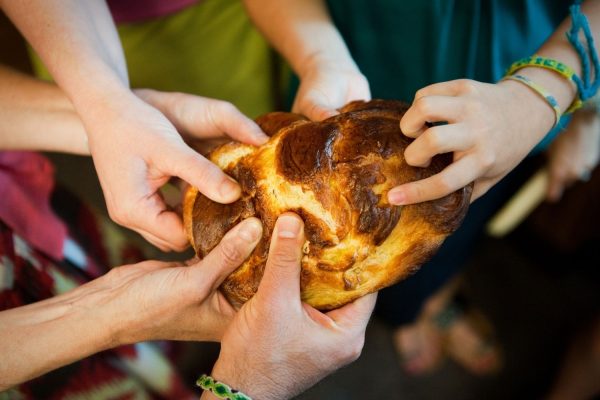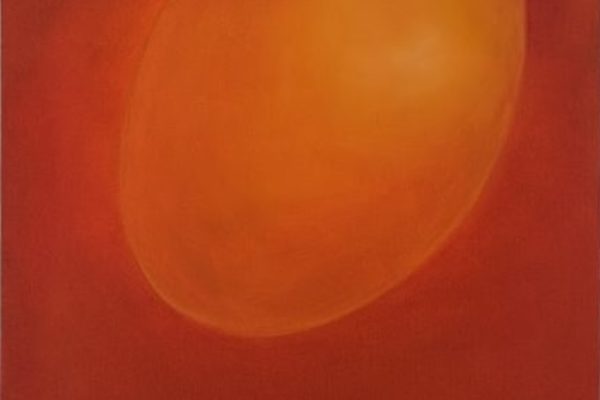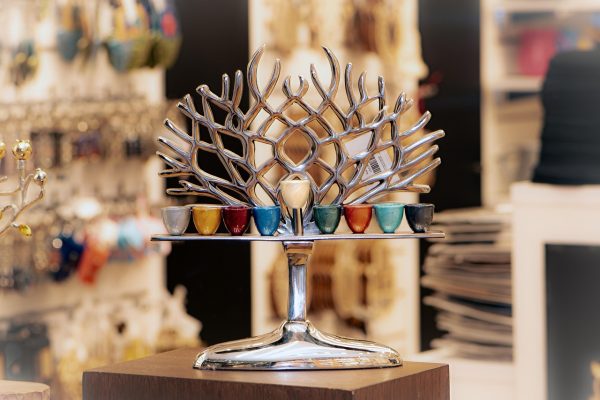Two hundred years later, when King David brought the ark to Jerusalem, Serach showed him the stone where Abraham nearly sacrificed Isaac, and that’s where David’s son Solomon placed the altar to God in the temple he built around that stone.
Some time later there was a revolt against David, led by a man named Sheba. David’s troops went after Sheba, who took refuge in the town of Abel. A wise woman preserved the city, which would have been destroyed in order to capture Sheba. The rabbis of old tell us that she was Serach.
Hundreds of years later, when Solomon’s temple was about to be destroyed, Serach helped the prophet Jeremiah hide the ark and sacred vessels from the temple. Hundreds of years later, when the second temple was destroyed, the surviving rabbis gathered in a town called Yavneh. One day Serach was walking by the house of study and heard Rabbi Yohanan describing what the parting of the sea looked like. She stuck her head in the window and told him he was wrong – the only woman in Talmud to correct a rabbi in public.
Serach has followed our people down through time. When the Jews were expelled from Spain in 1492 one of our people had a vision of Serach and Elijah hand in hand guiding everyone to safety. Some say that Serach never died, but in the city of Isfahan in Iran there’s a synagogue named for her. People there say that a fiery chariot descended from the sky and carried her up to heaven in the ninth century, which is just what happened to Elijah the prophet. Another story says that she presides over a palace in heaven where women live who’ve taken care of people during their lives the way that Serach took care of her grandfather. And in my little verse, echoing the words of “Eliyahu HaNavi,” it’s Serach who will come to us with the messiah – a woman!
Some years later I wrote a book about Serach: Deathless: The Complete, Uncensored, Heartbreaking, and Amazing Autobiography of Serach bat Asher, the Oldest Woman in the World. (In my account, she now lives two blocks from the beach in Los Angeles.)
Serach Ha’tzadikah











